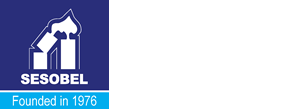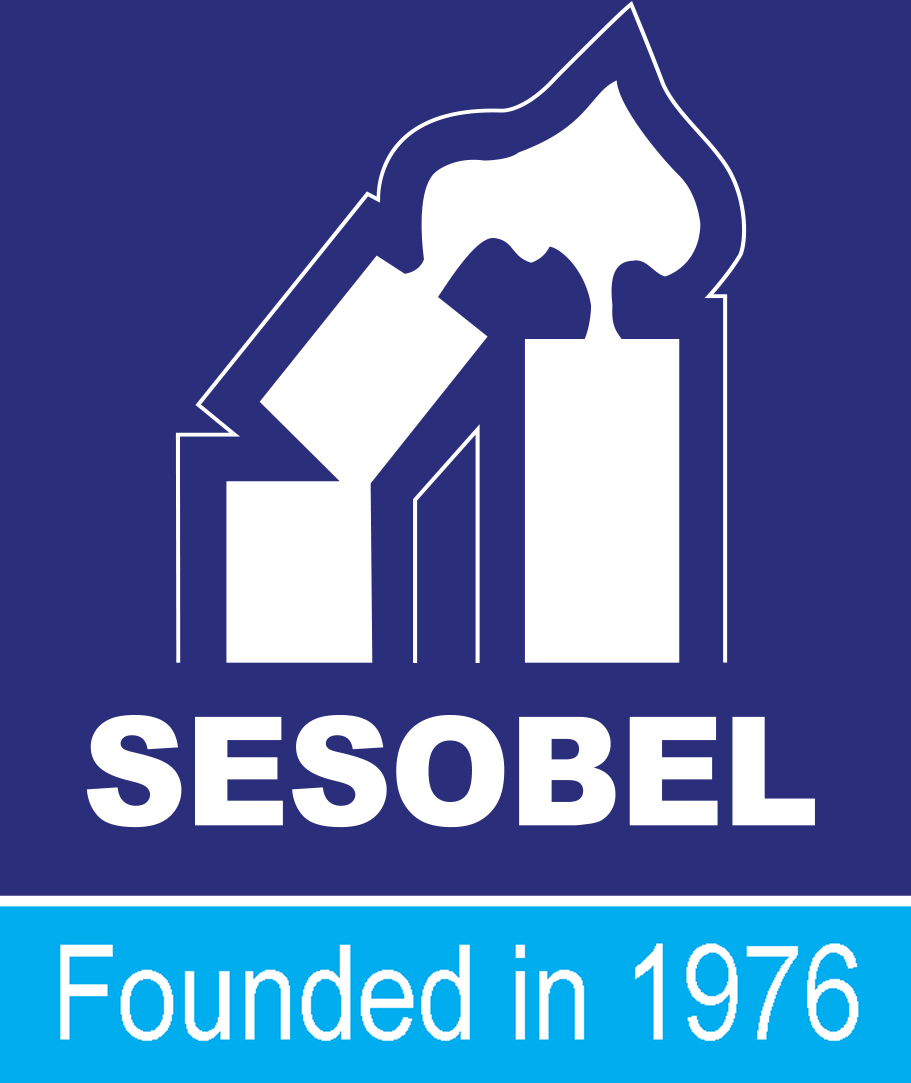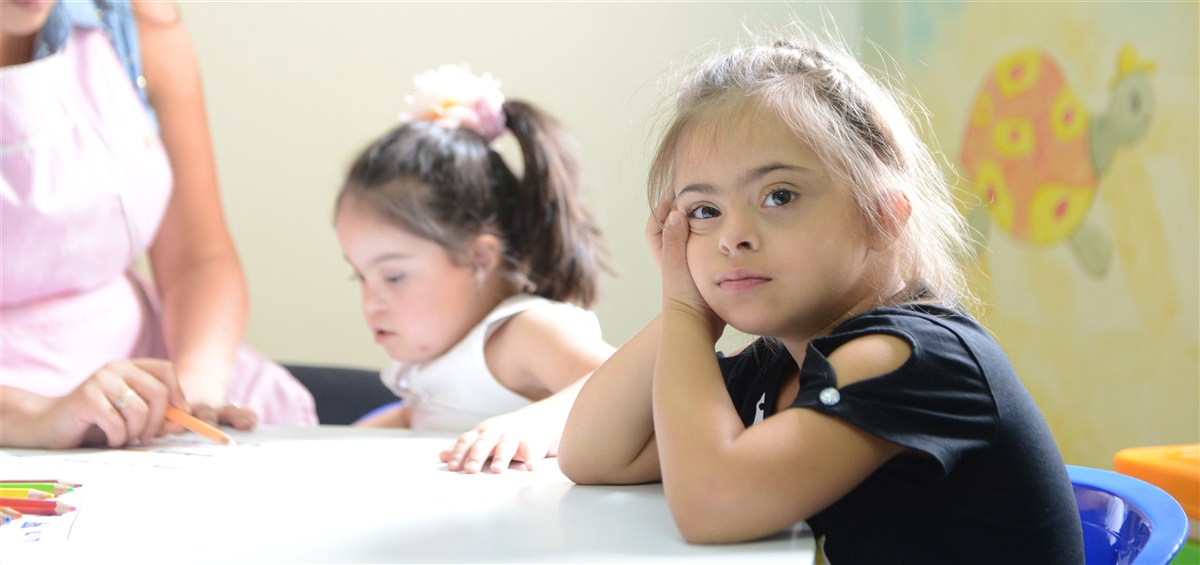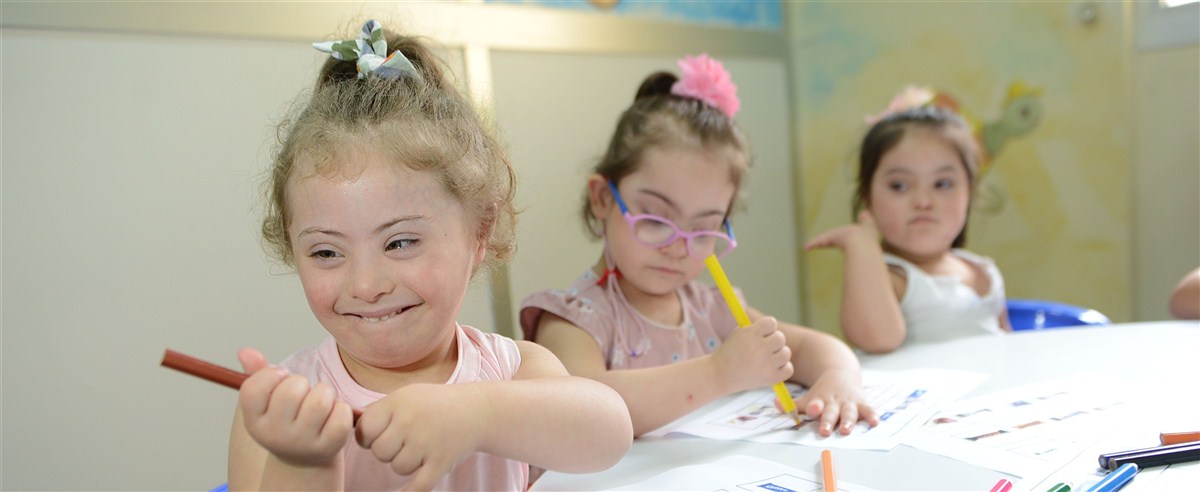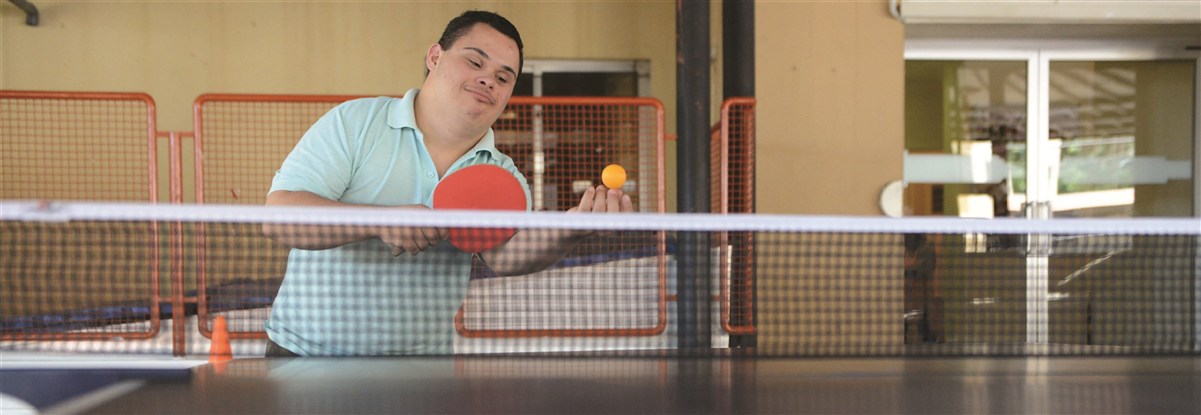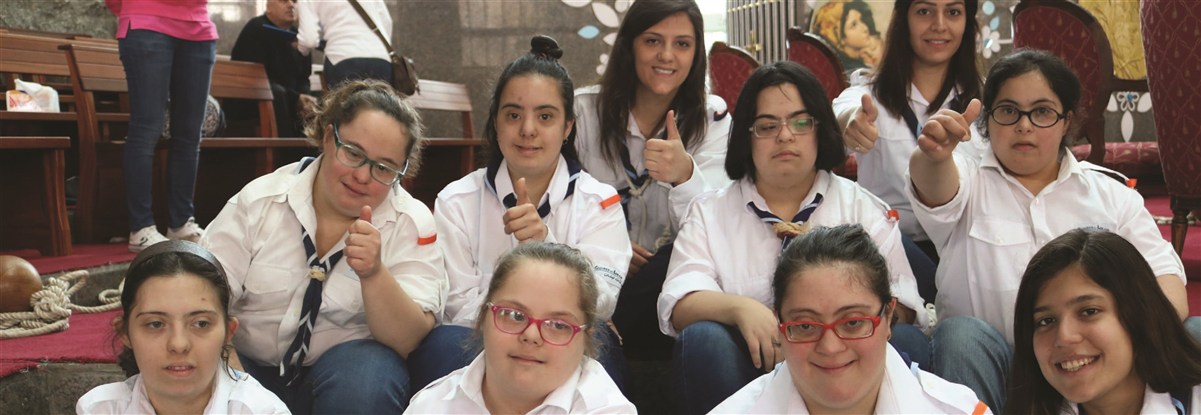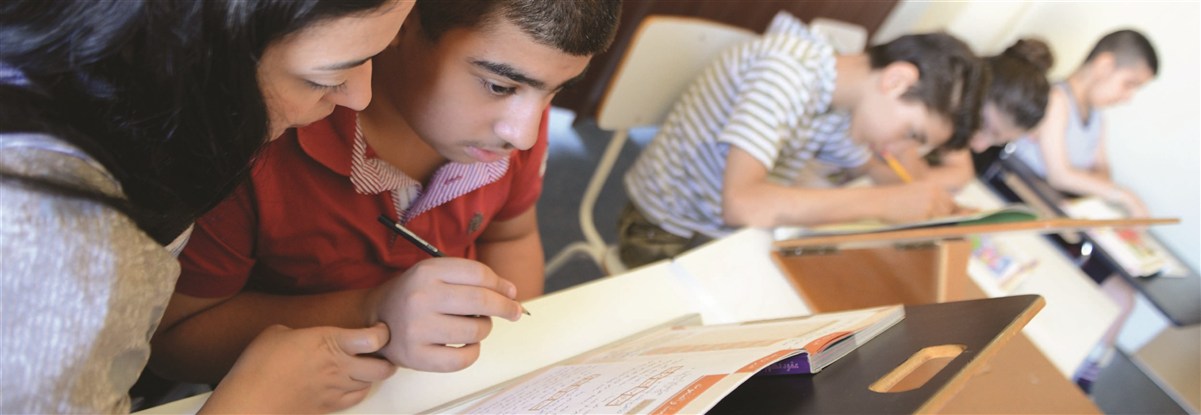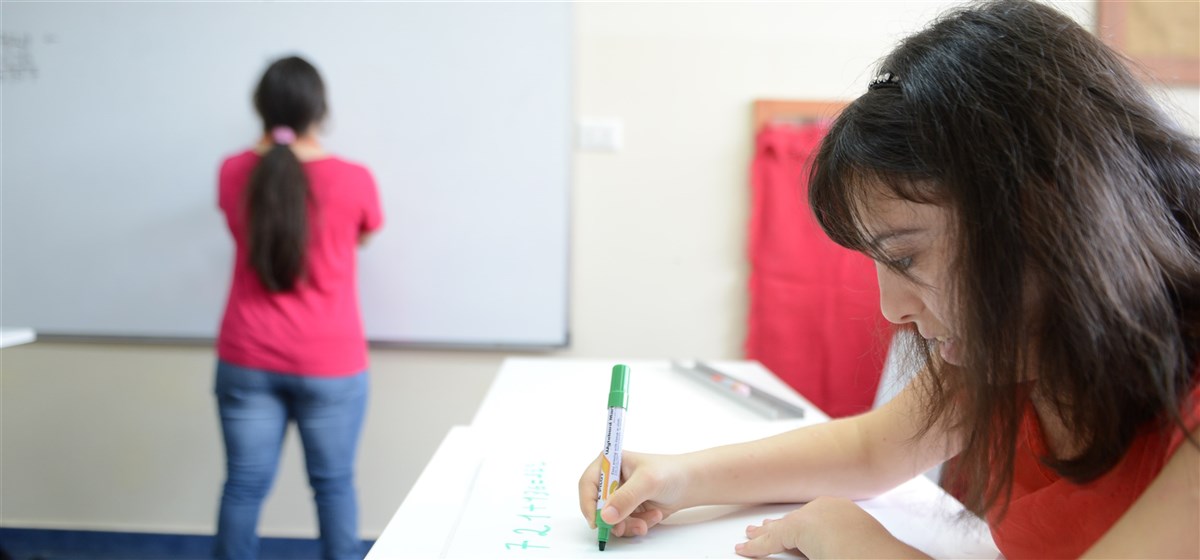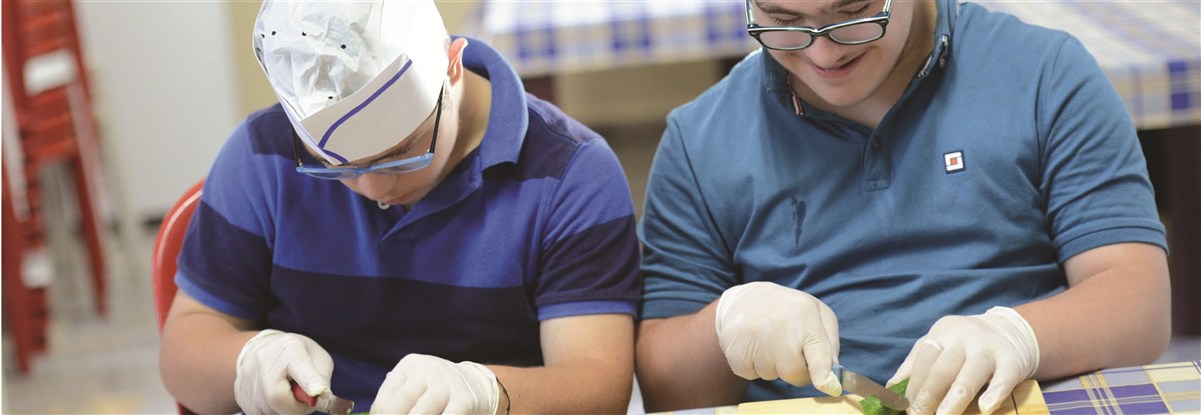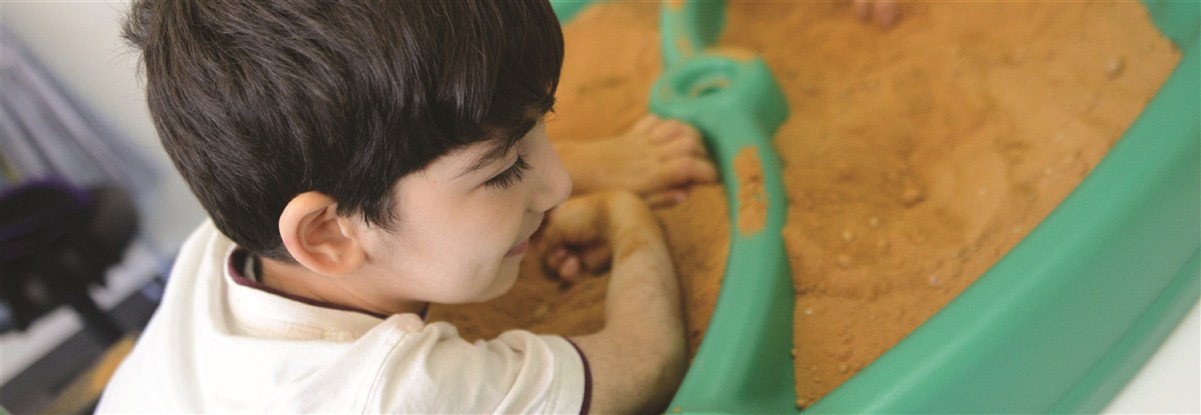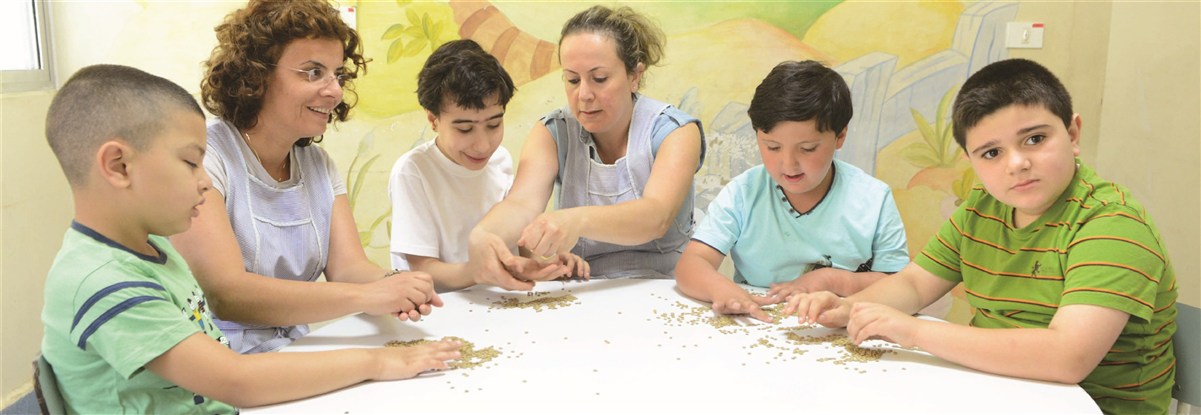Because children’s development mainly requires their own efforts, every child has to be met with the right ways for him/her. Since the staff and parents must cooperate to ensure children’s balanced development, we help our children and their families enjoy a dignified life, as Sons of God. All in all, these are the basics that guide our educators and re-educators as they conduct their daily intervention with children and their families
Sesobel - Our Programs - introduction
Daydreams are like a memory of imagination
| INTRODUCTION | Early Stimulation | Intellectual Disability | Motor disability | Autistic Spectrum Disorder | Polyhandicap and severe intellectual disability |
It is children with disability's right to get educated just like any others. That’s why a special, multidisciplinary and individualized approach is required in this regard.
SESOBEL’s pedagogic programs are meant to develop children’s different life skills in order to contribute to their development, autonomy, familial and social integration,
as well as their joy of living. Their life quality is a major concern for every educator.
Children and youth, 18-month-olds-20-year-olds can join the Pedagogic Programs. According to their age and needs, they are welcomed in five units.
Educational support is provided by experienced and qualified orthopedagogists and special educators.
Applying pedagogic intervention, an interdisciplinary team works with every child to meet his/her needs best in four steps:
Step 1- Observation
This step allows us to find out children’s key needs and capacities before we make any intervention.
Observation is conducted through logbooks and observation grids that SESOBEL’s specialists made according to the type of disability they’re dealing with.
Step 2- Planning
An individualized intervention plan is made by a multidisciplinary team and supervised by the head unit.
Because we see that children are humans with unlimited potential and deserve our respect, individualized intervention plans are regularly updated by a team of organized and cooperative educators and re-educators.
Children’s development might be emotional, motor, social, moral, cognitive or lingual. The fields of action for individualized plans are the following:
- Autonomy
- Verbal and non-verbal communication
- General and specific motor skills
- Didactic learning
- Self and existential development.
The individualized-educational-program plan allows specialists to maintain daily schedule and to think up activities that meet children’s needs and interests. As part of the fulfillment of the learning process, any activity is designed in advance. Supervising work, the head unit makes sure pedagogic technicality is achieved.
A monthly program is sent to parents in order to involve them with their children’s individualized programs.
Step 3-Intervention
During this step, educators animate learning sessions, supervise children’s activities and interfere when necessary to support and encourage them. Every day, the educators cooperate with a multidisciplinary team.
Step 4: Evaluation
Educators and re-educators evaluate every child’s acquisitions: the objectives they have fulfilled and the practicability they’ve gained. Intervention is replanned annually when necessary.
Evaluation ultimately contributes to the coherence of the interdisciplinary team’s intervention, as well as the improvement of the quality of services offered to children.
The daily program is planned in accordance with every group’s own needs.
The following activities are carried out during the day:
Daily activities
Daily activities include having meals and treats, maintaining hygiene, napping, timing off, as well as tidying classes up. These activities enable children to acquire healthy life habits, particularly when it comes to alimentation and hygiene. They also contribute to children’s self-reliance.
Learning activities
These activities play an essential role in children’s development. Children working individually or in groups undergo three kinds of learning activities:
*The first kind includes sensory-motor activities made in accordance with the approach of “Basal Stimulation” and other specialized approaches, which suggests putting children to work groups so that they can experience the following themes: movement, cuisine, esthetic, relaxation, art and play... Children will therefore get the chance to make use of new materials and notions to undergo new experiences.
*The second kind features the academic program that’s based on the Lebanese Education and Higher Education Ministry’s national curriculum: Arabic, French, mathematics, science, civics, history and geography… That will allow children to take academic courses.
*The third kind of activities includes functional learning based on reading, functional math, current issues, general knowledge, as well as other subjects that allow children to do well every day.
How much children benefit from these learning activities depends on every child’s needs. Educators send monthly program sheets to parents to inform them in advance on any programs or themes that are to be worked on.
Extracurricular activities
Allowing children to express what is on their minds, these activities are great fun for them. The activities include trips, music play, hiking, physical education, handicraft, drama play, dance, storytelling and painting...
In addition to that, we celebrate birthdays, outings, holidays and cultural journeys in order to allow children to socialize better, realize values, and develop character and confidence and self-reliance.
Human and Existential Guidance
Here, children learn to live in faith and joy despite difficulties. They attend morning prayers, monthly Mass, catechism classes and existential guidance sessions so that they develop positive self-images and strong ties with God and their environment. And that will provide the foundation for their lives.
After all, a day at SESOBEL is not at all like any other day!
